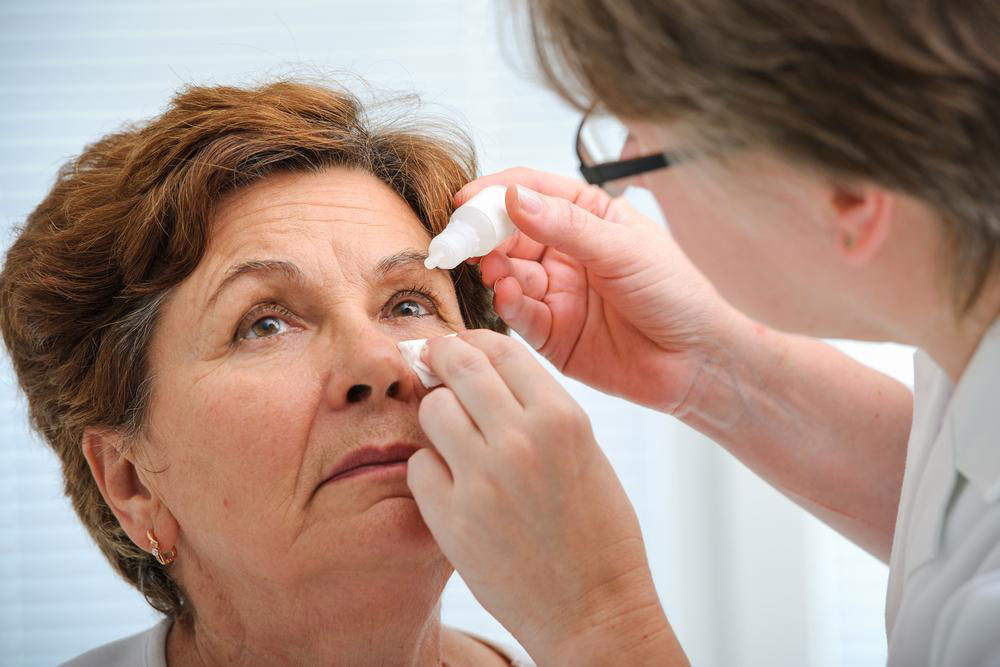Guide To Knowing The Causes Symptoms And Treatment Of Dry Eyes
Suffering from itchy dry eyes? Chances are you may be suffering from dry eye syndrome, a condition that is caused due to the lack of moisture or lubrication on the surface of the eye. The other names for the condition range from dry eye disease or dry eye to keratitis sicca, keratoconjunctivitis sicca, and dysfunctional tear syndrome.

Causes for Dry Eyes
One of the main cause for dry eyes is the lack of balance in the eye’s tear flow system. Other causes include:
- A rupture of the tear film
- Problems that prevent your eyelids from closing properly
- Diseases like collagen vascular issues that hinder the eyes’ ability to produce tears
- Aging process, namely menopause in women
These are some of the main chronic dry eye causes that affect individuals.
Symptoms of Dry Eyes
Some of the common chronic dry eye disease symptoms you need to be wary of include itchy eyes, eye pain, burning sensation, sore/ heavy/ fatigued/ red eyes, blurred vision, dryness sensation, and increased light sensitivity (photophobia).
In addition to the dry itchy eye signs, some other symptoms you need to look out for include the sensation of a foreign body in the eye and watery eyes.
Treatment for Dry Eyes
If you feel the cause for dry eyes in your case may be any one of the reasons mentioned above, you might have to get the condition treated as soon as possible. There are many treatment options for dry eye syndrome, which can also provide relief from dry eye disease symptoms. These include:
- Artificial Tear Drops/Ointments: If you suffer from dry red eye, the doctor may prescribe OTC eye drops, which need to be applied regularly to the eyes to keep them moist. A thicker product like an eye ointment is often prescribed for the night to prevent eyes from becoming dry while you sleep.
- Temporary Punctual Occlusion: If the cause for dry eyes has been noted as improper tear formation, the doctor may recommend this procedure, which would involve blocking the punctum or the duct that drains tears from the eyes into the nose. Depending on how successful plugs are, the doctor may recommend moving to permanent plugs, which would help treat your dry itchy eye by keeping it moist for longer intervals.
These are some of the causes and treatment options available for dry eyes. You can pull up this dry eyes information on the internet and use the same to ascertain the best course of action for your dry eye problems.











